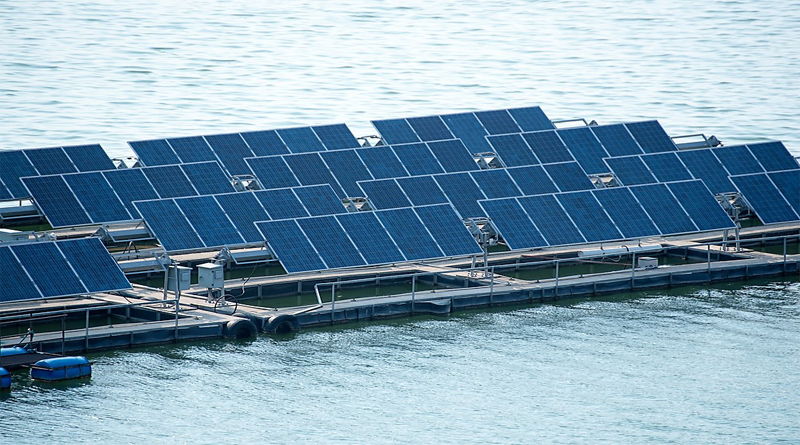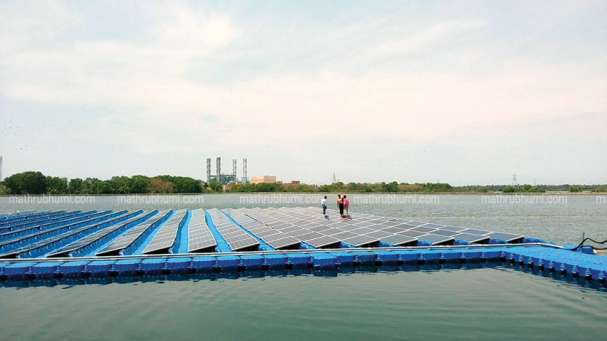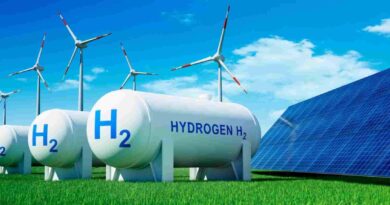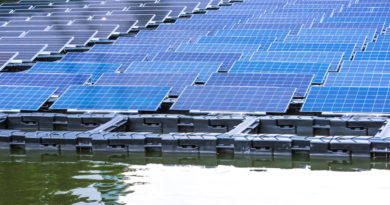Andhra Pradesh and its love for floating solar plants

Solar plants built on water, or more accurately, floating on water come with their own set of advantages. They are potentially more efficient, as the cooler environment actually improves efficiency, in hot places, they can prevent evaporation by as much as 70%, prevent algae growth by preventing sunlight from reaching down, and finally of course, save valuable farmland for what it does best, grow crops. For Andhra Pradesh’s key city of Visakhapatnam, all these are reasons that make sense for the authorities in the city to take the plunge with some of the largest floating solar plants in India.
In a much awaited development, the Greater Visakhapatnam Municipal Corporation (GVMC) in Andhra Pradesh has started construction on a 2 MW floating solar farm at the Mudasarlova reservoir in Hanumanthawaka which provides close to one million gallons of drinking water to the city every day. Funding for the project comes via financing arrangement from the Asian Development Bank. The estimated date of completion for the project is set for June this year. However, according to the Assistant Engineer of PEC Engineers Pvt Ltd. who are handling the construction phase of the project, the exact date of completion for the project would depend on the water levels of the reservoir. “If the water level matches the required criteria in the summers, the project will be completed by June this year.” said Mahesh the Assistant Engineer.
This comes after the news that (GVMV) had issued another tender for a floating solar plant to be located on the Meghadrigedda Reservoir, the main reservoir supplying water to the city. The capacity planned for this plant is 3 MW.
The tender was released for the design, procurement, supply, erection, testing, commissioning and maintenance for five years of the grid-connected equipment with associated electrical and civil works.
Another similar project is in the pipeline for execution of a 5 MW floating solar farm at the Raiwada water supply canal. These three projects will quickly follow each other as the municipal corporation plans to harness close to 10 MW from these projects. Floating solar plants are being targeted by the state as they offer a greater efficiency compared to ground-mounted installations, due to the moderating effect of the water bodies on the panel’s temperature.

Once completed these projects will top the largest floating solar plants in the country, beating the current best of the 500 kW farm in Kerala. The Solar Energy Corporation of India (SECI) is also implementing two floating solar projects of 10 MW capacity each in the states of Andhra Pradesh and Kerala. This would bring up the total energy generated from floating solar plants for the state to 20 MW, easily the highest in the country.
![]()




